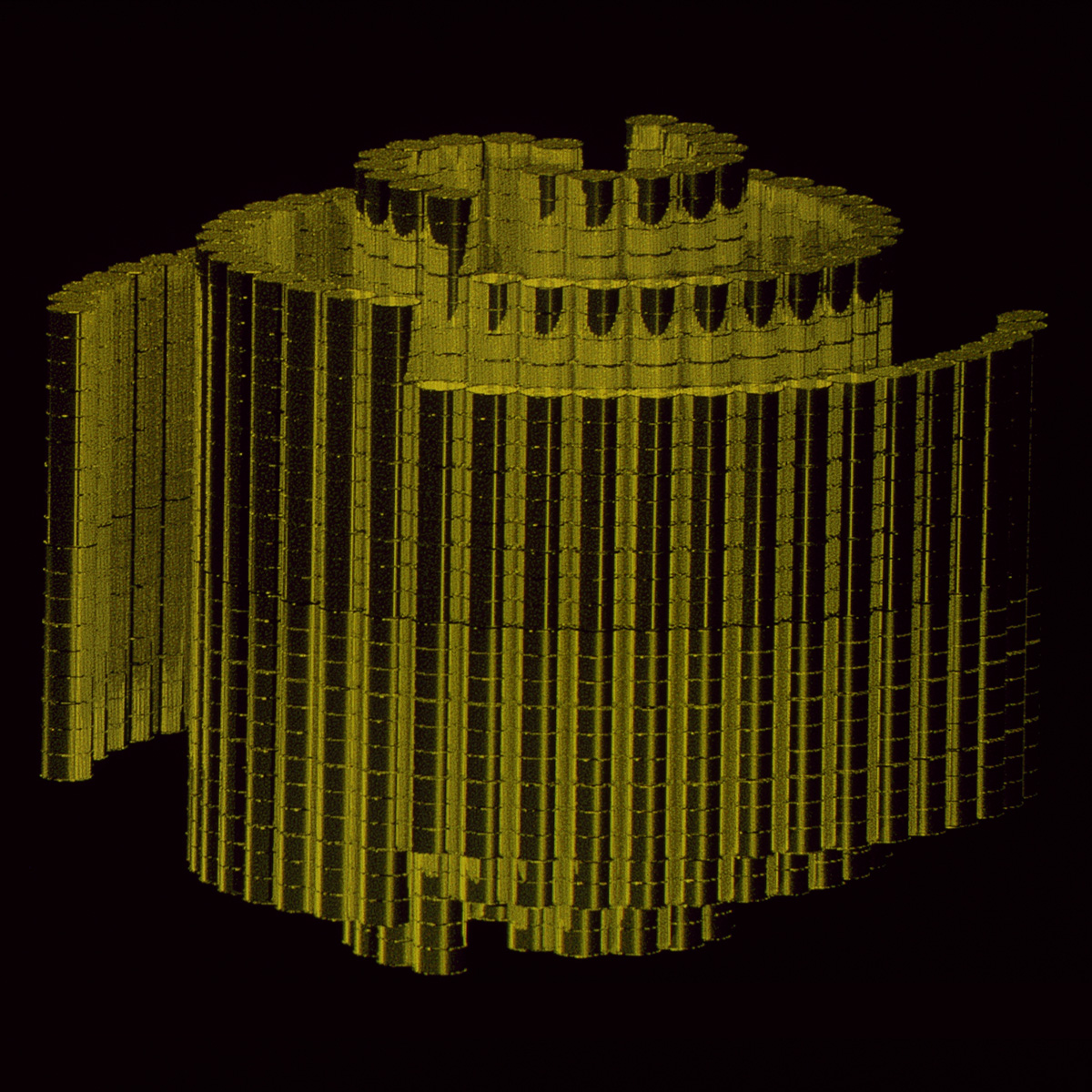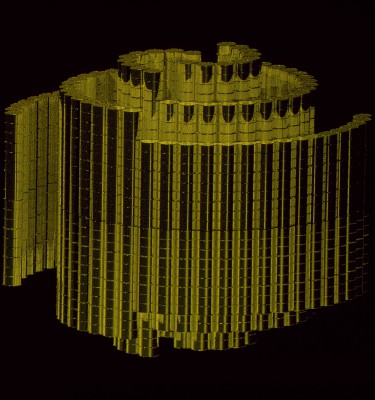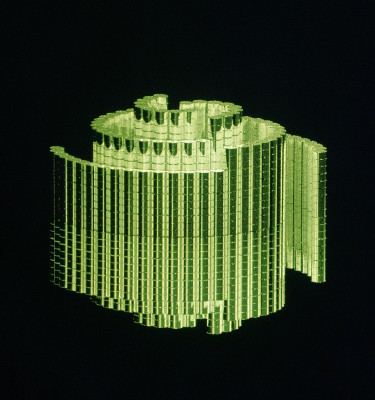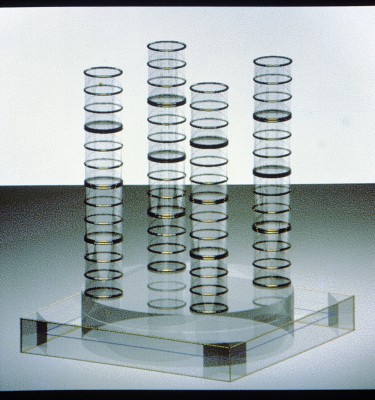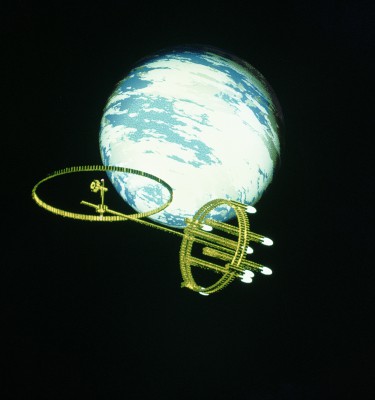Rolando Peña is a Venezuelan artist born in 1943. He is one of the pioneers of the 60s Latin-American underground scene and is a main figure of the Venezuelan contemporary art. He was nicknamed the “black prince” and has been involved in theatre, dance, and fine arts since 1958. He created many happenings, projects of expansive cinema, multimedia and performances projects between Caracas and New York since 1964. He is part of the pioneer generation that arrived to the technology from the conceptual art with the intention to create a dialogical space between the artwork and the spectator. First he developed his “experiences” by using analogical technologies until the 80’s when he interred IBM’s laboratories in Caracas. Since that moment until then he elaborates a large production of multimedia art, creating virtual spaces, digital animations or 3D sculptures to reflect on the theme that became the predominant focus of his subsequent work: crude oil. He has made the gold barrel an icon and an allegory of our era. For more than forty years he has personally and artistically identified himself to the theme of the oil. He recognizes the almost divine power that we grant to this black substance (called Mene by the Indians that used it to waterproof their dugouts). In 2014 he organized a personal exposition “Black on Black”, at the French Alliance of Caracas in Venezuela. He exhibited “the spillage of oil-Rio Guarapiche” in Velada Santa Lucia at Maracaibo in Venezuela, in 2012 during an exposition.
He also participated to many international exhibitions (Paris, United-States, UK, Italy, Spain, Germany, Porto Rico, Cuba). In 2014 a “special tribute to Rolando Pena” is given to him during the 3rd International biennial of the Merida, and the same year, the Venezuelan College of Architects granted him of a “Multimedia Art Master 2014” recognition. Many public collections own artworks of Rolando Pena, as the National Art Gallery of Caracas, Alternative Museum of New York, the modern art museum of Bogota, Columbia, the modern museum of Ljubljana, Slovenia, Musée des Jacobins in Morlaix, France.

